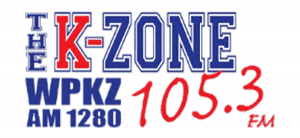FITCHBURG — Police are still investigating an incident involving a MART bus that crashed into the downtown bus terminal on Thursday morning, requiring a specialized extraction to free a man trapped underneath the bus. At about 8 a.m. on Nov. 14, police say that the Montachusett Regional Transit Authority bus had crashed into the intermodal […]
Your Hometown Radio
